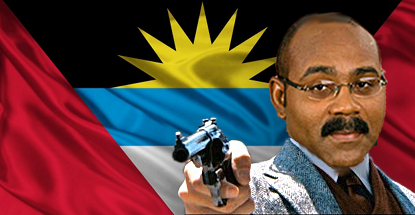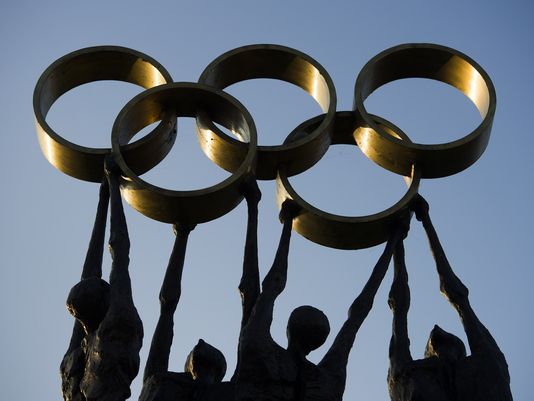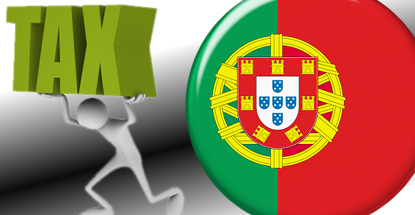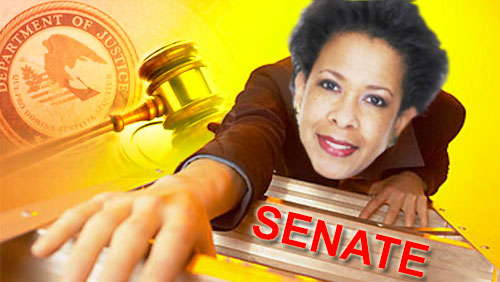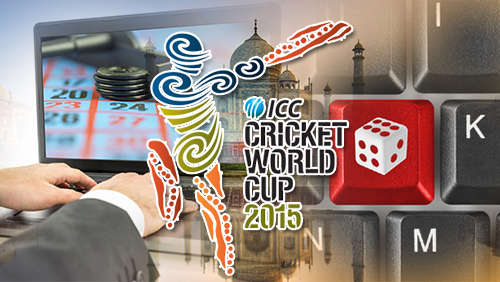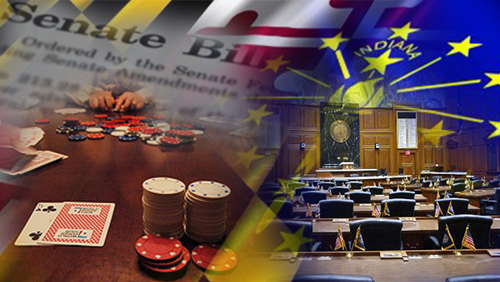THE AMERICAS
Pennsylvania’s new online gambling legislation turned out to be poker-only; online state lotteries reportedly asked Lindsey Graham for a RAWA carveout; Atlantic City’s Resorts Casino joined New Jersey’s online gambling operators; Nevada and Delaware said they could be sharing online poker liquidity within a month; Nevada sportsbooks are already on a tear and regulators just approved Olympic wagering; Antigua’s Prime Minister warned the US of “remedies” to resolve their WTO dispute; Churchill Downs’ Big Fish acquisition is already paying off; Caesars tried to torpedo a creditors’ investigation into its asset transfers; New York’s attorney general opened an investigation into the casino bidding process; Monmouth Park inked a daily fantasy sports marketing deal; the NHL doubled down on its opposition to sports betting; Google loosened restrictions on social casino advertising; Bill Beatty explained why RAWA won’t pass; Kriby Garlitos explained why May 2 will be 2015’s biggest sports betting day and Rafi Farber found genius in Intertain’s acquisition financing strategy.
EUROPE
William Hill had a much better year than Ladbrokes; Playtech’s revenue from Asian-facing licensees rose 240% last year; Deutsche Telekom announced an online betting plan but German lottery operators want the government to intervene; Portugal approved new online gambling legislation; Zynga shut its UK-facing real-money sites; Italy relaxed its grip on its online sportsbook operators; the UK’s House of Lords equated fixed-odds betting terminals with masturbation; Spain and Italy considered new gambling advertising restrictions; Victoria Coren Mitchell stole the show at the British Poker Awards; the Aviation Club de France was placed into liquidation; Jersey Gambling Commission director Andy Jarrett discussed the life of a regulator in a post-POCT world; DAB Gaming’s Geoff Read believes social gaming boasts the best games and CoinGaming.io’s Mark McGuinness called Microgaming’s embrace of Bitcoin one giant leap for mankind.
ASIA
Macau casino operators got spooked after legislators proposed capping tourist numbers; SJM Holdings’ mass market gains couldn’t cover its VIP decline; a Shanghai high roller ran up a $160m casino debt; Genting Singapore’s remaining high-rollers got lucky; Sportingbet vanished as William Hill Australia began consolidating its brands; 500.com shares tanked after temporary shutdown of 10% of its online sports lottery products; South Africa’s Sun International eyed Asian expansion; virtual betting operators in India love the Cricket World Cup; Indian poker site Adda52 unveiled their first pro team; Macau Legend and Dynam Holdings announced their deal was going nowhere and Macau casino dealers called mainland Chinese unruly and Hong Kong gamblers whiny.

